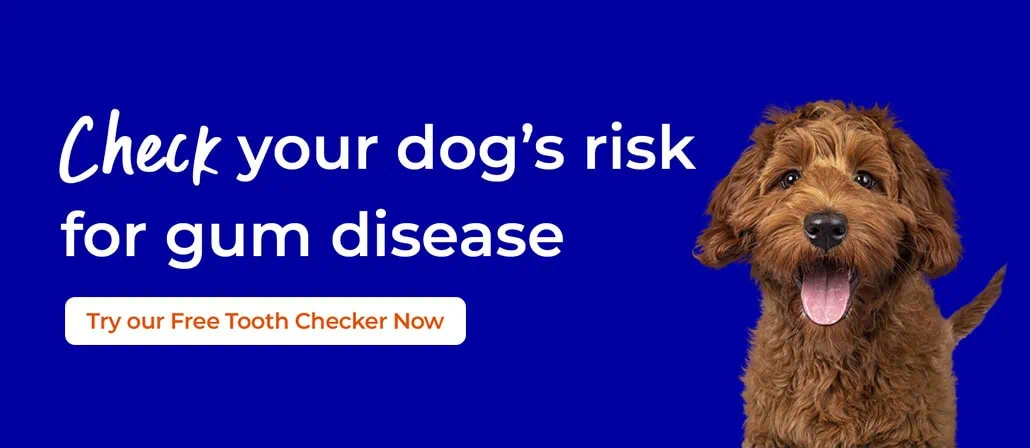Rabbit’s teeth continue to grow throughout their lives, which allows them to grind down course feed substances such as grass and plants in the wild. Many domestic rabbits are fed a mixture of hay and commercially available diets.
Commercially available diets are lower in fibre and higher in protein, fat and energy. This means that rabbits quickly achieve their nutritional requirements, unlike in the wild when they would need to graze all day and forage to meet the same energy intake from food. This can not only lead to obesity and boredom, but it can also lead to oral disease due to lack of wear of the teeth. Less time grinding and a lower intake of indigestible fibre can lead to the formation of molar spurs, which if severe, and allowed to progress, can cause tongue and cheek lacerations.
This can also cause secondary issues as indigestible fibre and chewing also promotes gastrointestinal motility, so diets low in fibre and higher in carbohydrates (such as muesli or pelleted diets) can cause the gut motility to slow.
Rabbits are hindgut fermenters, meaning that they rely on bacteria within their hindgut to break down and absorb food. Changing the pH and microflora can therefore lead to diarrhoea, gut stasis and, unfortunately, in some cases, death. For this reason, diet is an important factor in keeping your rabbit healthy and happy.

What signs may I notice at home that may indicate my rabbit has oral disease?
- Reduced appetite, or not eating at all
- Reduced number of faecal pellets produced
- Reduced ability or inability to ingest caecotrophs – leading to a ‘messy bum.’
- Runny eyes
- Hypersalivation and drooling
- Facial swelling due to secondary dental abscess.
If you detect any of the above signs, please contact Chess Veterinary Clinic in Chorleywood or Rickmansworth to book an appointment for a vet to examine your rabbit as soon as possible.

The vet has detected oral disease in my rabbit; what does this mean?
If the front teeth (incisors) are too long, these can be shortened, this is usually performed on a conscious rabbit, but this depends on temperament.
If there is malalignment of the incisors (meaning that they don’t contact each other when closed), then shortening the teeth may provide a temporary fix, but the extraction of all incisors may be more appropriate to prevent the need for regular burring – this is something your vet would advise you on.
If your vet suspects there is spurring (sharp edges) of the back-cheek teeth (molars), a general anaesthetic will be required to facilitate a thorough examination and treatment.

What can I do to help prevent oral disease in my rabbit?
Feed a well-balanced diet high in fibre; a rabbit’s diet should be mainly made up of hay (80-85%). As a guide, this means that a rabbit should eat their body size in hay a day. This increases grinding, oral wear and promotes gut movement.
Pellet foods are advised over a mixed muesli as rabbits will pick their favourite parts of the food, often leaving the most nutritional parts. Feed a maximum of one tablespoon per day for dwarf and standard rabbits and two tablespoons for giant breeds.






Follow us: